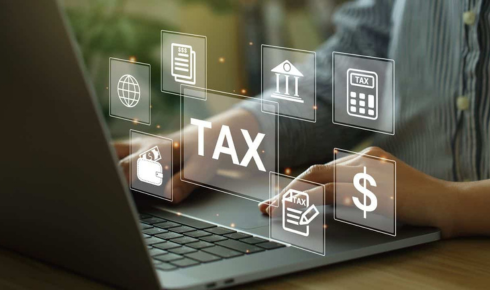The Importance of Emergency Funds: Building Financial Security
The Importance of Emergency Funds: Building Financial Security highlights the significance of having a financial safety net. Here are 30 points outlining the pros and cons of having an emergency fund:
Pros:
- Financial Resilience: An emergency fund provides a buffer against unexpected expenses or emergencies.
- Peace of Mind: Knowing you have savings for unforeseen circumstances reduces financial stress.
- Financial Security: It helps you avoid going into debt to cover emergencies.
- Independence: An emergency fund can reduce reliance on loans from family or friends.
- Quick Access: Funds are readily available when needed, avoiding delays in addressing emergencies.
- Prevents Debt Accumulation: Having savings prevents the need to rely on credit cards or loans during crises.
- Flexibility: You can use the fund for various emergencies, such as medical bills or car repairs.
- Preserves Investments: It allows you to avoid selling investments during market downturns to cover expenses.
- No Interest Costs: Using your own money eliminates interest costs associated with borrowing.
- Financial Planning: It enables you to stick to your long-term financial plan even in emergencies.
- Job Loss Protection: An emergency fund can cover living expenses during periods of unemployment.
- Avoids Asset Liquidation: You don’t have to sell valuable assets to address immediate financial needs.
- Supports Retirement Savings: It ensures you don’t have to dip into retirement savings prematurely.
- Protects Credit Score: Maintaining an emergency fund helps protect your credit score by avoiding missed payments.
- Financial Freedom: Having savings means you have more control over your financial destiny.
- Less Stressful Decision-Making: You can make decisions based on what’s best for your situation, not just what’s affordable.
- Opportunity Seizing: It allows you to take advantage of opportunities like investment deals or career changes.
- No Strings Attached: There are no restrictions on how you can use your emergency fund.
- Budget Stability: An emergency fund can help you stick to your budget even when unexpected expenses arise.
- Preparation for Natural Disasters: It ensures you’re prepared for unforeseen events like natural disasters.
Cons:
- Initial Saving Challenge: Building an emergency fund can be challenging for some, especially those with limited income.
- Opportunity Cost: Funds in an emergency account may not earn as much as they would in investments.
- Temptation: Having easy access to savings might tempt you to dip into the fund for non-emergencies.
- Savings Discipline: It requires discipline to consistently contribute to the fund.
- Inflation Erosion: Over time, inflation can erode the purchasing power of your emergency fund.
- Low Returns: Emergency funds typically have lower returns compared to other investments.
- Lack of Investment Growth: Money in an emergency fund doesn’t benefit from compound interest.
- Size of Fund: Determining the right size for your emergency fund can be challenging.
- Resource Allocation: Allocating money to the fund might limit spending in other areas.
- Emergency Definition: Defining what constitutes an emergency can be subjective.
- Locking Up Capital: Some may feel that tying up money in an emergency fund is unproductive.
- Limited Availability: Funds may still not be sufficient for major emergencies like a major medical procedure.
- Overestimation: People may overestimate their ability to save during emergencies.
- Neglect of Other Goals: Focusing solely on an emergency fund may neglect other financial goals.
- Dependence on Fund: Some may become overly dependent on the fund, neglecting to address the root causes of financial instability.
- Risk of Loss: Money in an emergency fund may not be insured against loss.
- Opportunity Missed: Funds in an emergency account could miss out on investment opportunities.
- Over-Funding: In some cases, individuals may over-save for emergencies, tying up money unnecessarily.
- Emergency Fund Theft: Funds may be used for non-emergencies by unauthorized individuals.
- Maintenance: Ongoing maintenance and review of the fund are required to ensure it remains adequate.
In conclusion, having an emergency fund is a crucial component of financial security, providing a safety net for unexpected expenses. However, it comes with challenges related to discipline, opportunity cost, and defining emergencies. Balancing the pros and cons and tailoring your emergency fund to your individual circumstances is key to achieving financial stability.














Post Comment
You must be logged in to post a comment.